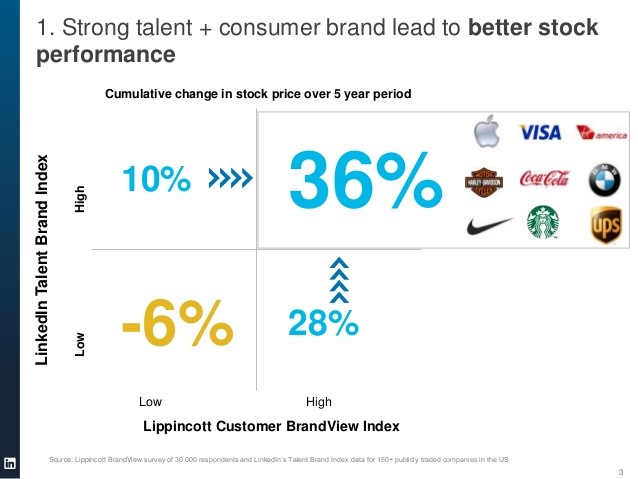Investing in Your Employer s Stock
Post on: 19 Июль, 2015 No Comment

Should You Invest In Your Employer’s Stock or Look Elsewhere for Your Portfolio?
Investing in your employer’s stock is a double-edged sword. On one hand, you know about the business and can often get a discounted purchase price through payroll plans. On the other hand, if the firm goes bankrupt, you not only lose your job, you lose your investment. Tetra Images / Getty Images
One of the first opportunities a lot of people get to invest in stock is when their employer offers free shares as a bonus, matching 401(k) contributions in the form of company shares instead of cash, and/or payroll plans that allow the employee to buy shares of stock through regular paycheck withholding, often at a discounted price of something like 15% less than the market value.
That presents a problem. Over the years, you’ve no doubt read about the importance of maintaining adequate diversification while avoiding frictional expenses. It might be fine to invest in your employer’s stock as long as it isn’t the only stock your family holds.
Sadly, it seems that most investors aren’t listening. According to the Federal Reserve’s updated Recent Changes in U.S. Family Finances report, “The great majority of families owned stock in only a small number of companies. In 2004, 34.6 percent had stock in only one company, 59.5 percent had stock in three or fewer companies, and 9.5 percent had stock in fifteen or more companies … For 37.1 percent of stock owners, at least one of the companies was one that employed or had employed the family head or that person’s spouse or partner.”
A Closer Look at the Arguments For and Against Employees Investing In Their Employer’s Stock
Before we even consider the question of whether or not investing in your employer’s stock is a good idea, it is important to note that placing your entire portfolio in a single stock is absolutely crazy in virtually all cases. When structuring your portfolio, avoiding poverty should be equally as important as attempting to get rich !
That aside, there are traditionally two sides to the argument. Those who support the idea of owning your employer’s stock point to tremendous successes like Microsoft, McDonalds, and Coca-Cola. It’s not hard to understand the reason. If you had been one of the original store clerks at Wal-Mart and bought just 100 shares of the common stock when the company went public in 1970 at $16.50 per share, your holdings would have split 2:1 eleven times and grown into 204,800 shares worth more than $10 million by 2006! In addition, you would receive dividend checks amounting to $122,880 or more for that twelve month period. This was a win-win for the company and the investor / employee. Besides raising capital for expansion, the widespread ownership of Wal-Mart common stock no doubt helped the retailer’s performance as the associates truly felt and acted like owners. Meanwhile, the employees were able to apply that cornerstone of asset selection: Invest in what you know .
The opponents of investing in your employer’s stock point to bankruptcy cases, such as Enron and Worldcom. If your employer suffers a serious downturn, or even worse, goes bankrupt, you could lose not only your job, but your retirement savings – the very thing that was supposed to serve as a cushion for you as you built a nest egg for your golden years.
The Resolution
Unfortunately, there is no clear-cut answer. The best solution is going to come down to what feels right for you and your family, informed by your income, net worth, and whether or not you rely on a single employer to cover your household bills. If you are young, single, highly qualified in your field with marketable skills, and truly believe in the direction and prospects of your company, you are better able to absorb the risks than if you are a single parent raising multiple children and have no money in the bank. Although you should still attempt to have a complete portfolio in place – retirement accounts, emergency cash reserve. etc. — your ability to weather the storm should provide some shelter if you decide to bet the farm.
A good place to start might be to ask yourself the following questions:
- Do I have a well-structured portfolio in place? If so, it will go very far in providing financial insulation against wipeout risk.
- Would I be able to watch my employer’s stock tank for years on end and not lose heart if I truly believe in the company’s strategy and prospects for long-term success? If not, you might be setting yourself up for failure in the event of a sustained patch of underperformance.
- Does the company offer an employee direct stock purchase plan that allows me to acquire shares at a discount (typically 15%) to market? If so, you have a larger margin of safety due to the lower price.














